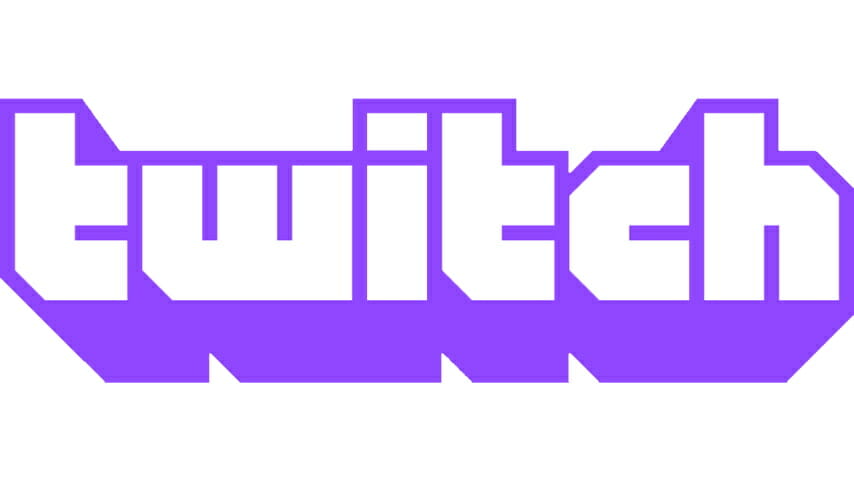Twitch Apologizes For DMCA Issues, Will (Eventually) Offer Creators More Tools To Avoid Takedowns
Games News Twitch
The videogame streaming platform Twitch recently sent three-day notices to streamers on the platform, warning them that some of their previously recorded content had received Digital Millennium Copyright Act (DMCA) violations for including copyrighted music and needed to be taken down. Twitch has issued both an apology and guidance blog on the DMCA takedowns, assuring streamers that they are working on tools for them to better avoid these violations in the long term but offering little support in the short term.
“Over the last several months, we have done our best to manage this situation on behalf of both rights holders and creators,” Twitch wrote. “One of the mistakes we made was not building adequate tools to allow creators to manage their own VOD and Clip libraries.”
Twitch said that prior to May of this year, fewer than 50 music-related DMCA notifications were issues on Twitch each year. Beginning in May, major record label representatives began sending “thousands of DMCA notifications each week” that primarily targeted archived footage.
The streaming platform does not expect the recent surge of DMCA notifications to slow down. Twitch has paused the processing of copyright strikes — which can lead to a Twitch channel’s deletion — associated with the large batches of notifications as they may not be representative of a channel’s current approach to music.
Outside of pausing copyright strikes for select DMCA notifications, Twitch acknowledged that they do not have many options for streamers to avoid their content from being taken down.
“Right now your only options, if you think [recorded clips and VODs] contain unauthorized music, is to either go through them one by one, or, for Clips, use the ‘delete all’ tool we’ve provided,” Twitch wrote. “We understand both of these options have downsides, and we’re working to provide you more and better options as soon as possible.”
Twitch plans on introducing three new tools in the future to help creators avoid needing to take their content down. The first is an improvement to their mass deletion option, which was rolled out when the platform first sent out their three-day notices. The mass deletion tool will be expanded to include technology that can detect copyrighted audio and give streamers “granular” ways to manage their archival footage.
Second, streamers will be able to choose what audio from their live streams will show up in recorded content. This option is currently available via Twitch’s Soundtrack feature, but will be rolled out as a standalone feature available to all streamers.
Lastly, Twitch will allow streamers to review their allegedly infringing content when receiving a DMCA notification instead only being able to delta the content. An option to more easily file counterclaims for instances of fair use, or when a streamer holds an acceptable license, will also be made available
Twitch acknowledged that some DMCA notifications streamers received were for in-game music. The platform suggested that streamers read “that wall of text at the beginning of a game” otherwise known as an End User License Agreement (EULA) before streaming a game to ensure they have the legal right to do so.
For streamers who still want to use music in any fashion on their channel, Twitch offered several music library solutions.
“If you want to include recorded music in your stream, use a fully licensed alternative like Soundtrack by Twitch, or other rights cleared music libraries such as Soundstripe, Monstercat Gold, Chillhop, Epidemic Sound, and NCS,” Twitch wrote.
Twitch also stated that they are actively speaking with record labels about potential approaches to licenses that would make sense for the streaming platform. Such deals would allow the streamers to play certain label’s libraries in exchange for a cut of their revenue.
However, they also noted that traditional licensing agreements like these make little sense for a streaming platform.
“The vast majority of our creators don’t have recorded music as a part of their streams, and the revenue implications to creators of such a deal are substantial,” Twitch said. “In the meantime, we’re focused on building tools to better help you manage VODs and Clips”
Twitch also announced that they will host a “Copyright and Your Channel” Creator Camp series for streamers starting on Nov. 18. The first of four, this Creator Camp series will focus on the whole of DMCA, musicians on Twitch and their relation to DMCA, copyright and Managing Twitch content.